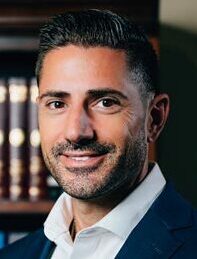In Presidential Place v. Davis, 50 Fla. L. Weekly D____ (Fla. 3d DCA 2025), the court enforced an arbitration agreement signed by a now-deceased nursing home resident — even though the facility seeking to compel arbitration was a new owner not named in the original contract.
The background: Sue Davis, a resident, signed an admission contract with Presidential Place, which included a standard mediation and arbitration clause. She later passed away, and the newly managed facility, operating under different ownership, sought to enforce that arbitration agreement when her estate filed suit.
The estate argued that the successor facility couldn’t enforce the original agreement because it was not a signatory, and the updated contract did not include an arbitration provision. But the Third DCA found the original agreement contained clear language binding successors, heirs, and assigns, and that language was sufficient to allow the successor to compel arbitration.
The court walked through the standard three-part test for arbitration:
- Is there a valid arbitration agreement?
- Does the dispute fall within the scope of the agreement?
- Has there been a waiver?
Only the first element was in dispute — whether the successor could enforce the contract. The court found that the intent of the original contracting parties was to bind future successors, and thus the current operator was entitled to enforce it.
Takeaway: When an arbitration clause clearly intends to bind successors, heirs, or assigns, courts will enforce it — even when the entity seeking arbitration wasn’t originally named. If the intent to bind future parties is clear, contractual continuity wins.
At Boatman Ricci, we analyze contracts and litigation strategy with a close eye on successor liability, arbitration clauses, and enforcement rights.
Facing a dispute involving successor entities or old agreements? Contact our team to stay ahead of the curve.

